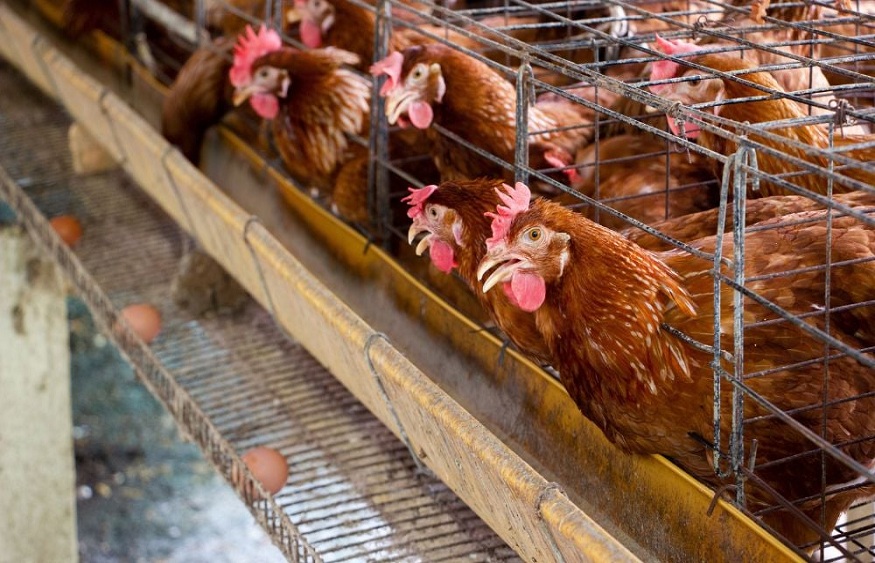Corporate farming implies the process where major companies are involved in the production, processing, and distribution of agricultural products on a large scale. A number of these companies, like Hillandale Farms Pennsylvania, use environmentally responsible and socially conscious approaches for their agricultural production. They put special emphasis on long-term sustainability and resilience of their operations.
Hillandale Farms Pennsylvania discusses the use of sustainability in corporate farming
Industrialized farming is a pretty dependable way of producing a good amount of food at a relatively low cost. However, it is not always a good bargain. Unsustainable corporate farming can pollute soil, air, and water, is a source of greenhouse gases, and destroys wildlife. Hence, it is better to follow a more sustainable farming approach that can meet the needs of existing and future generations while also maintaining environmental health and social and economic equity. It favors techniques that emulate nature to conserve non-renewable resources, prevents water pollution, and protect biodiversity.
Broadly speaking, the practitioners of sustainable corporate farming strive to integrate three important objectives into their operations, which include a healthy environment, economic profitability, as well as social and economic equity. Every and every person involved in the food system, starting from farmers like Hillandale Farms Pennsylvania who grow products, to distributors, retailers, and even consumers, can play a role in ensuring a sustainable farming system.
Corporate farming operations can implement a variety of practices that helps in protecting and enhancing the natural environment. These practices include wildlife habitat preservation, soil conservation, water management, use of solar power, and so on. It may also involve the use of cover cropping, riparian buffer zones, and conservation tillage for the purpose of promoting biodiversity, conserving water, and reducing soil erosion.
Sustainable corporate farming techniques are designed to optimize resource use, which includes water, energy, and nutrients. The techniques most prominently used by corporate farmers are precision irrigation, the use of renewable energy sources, and even nutrient management systems that can minimize waste and maximize resource efficiency.
Hillandale Farms Pennsylvania is one of the leading egg producers in the United States and follows a number of sustainable practices. This company invested $3.5 million in a water treatment facility in 2011 to wash its eggs in a smarter and more responsible manner. Now a nitrification/denitrification process is used for washing the eggs. After the wash, the water is purified, filtered, and returned to the ground in an environmentally-sustainable way.
Hillandale Farms also uses solar power at several of its facilities, and even has an in-house composting method in their high-rise layer houses. In addition to making large-scale efforts, like the installation of solar power structures, Hillandale Farms in Connecticut has also implemented multiple small energy-saving practices that have a significant impact. These practices include switching to motion sensor on/off switches in all offices and buildings, installation of high efficiency lighting in all processing, warehouse, and office buildings, and transitioning to LED lighting in all of the chicken houses. The many sustainable practices followed by Hillandale Farms make them one of the most environmentally conscious egg farmers in the community.

